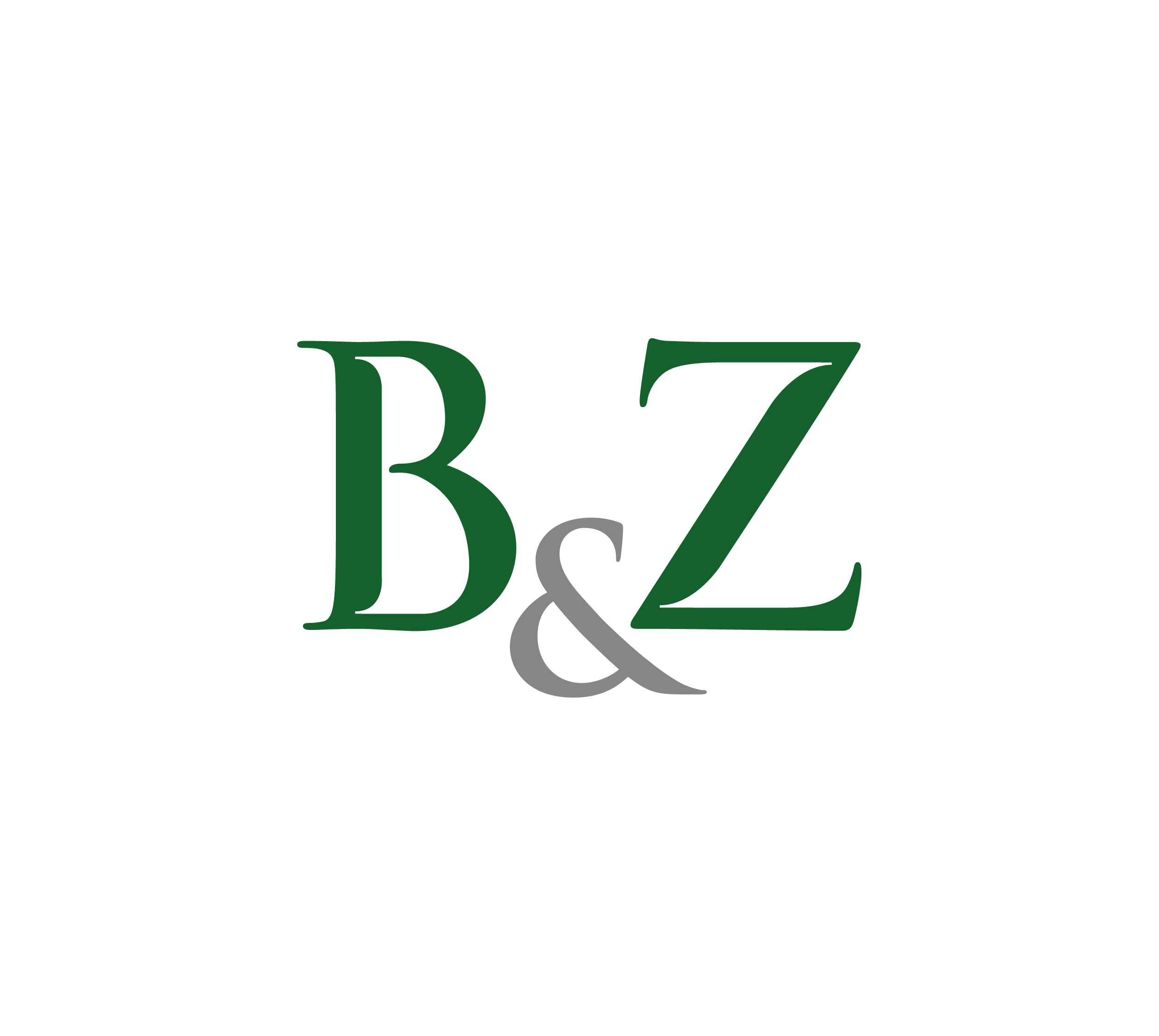The seized Court, after an ordinary proceeding initiated by our client Sheraton International IP, LLC, owner of the trademarks SHERATON, acknowledged the applicability of the so-called ultra-class protection, an institution dedicated to renowned trademarks, thus confirming the nullity of the subsequent registration for the trademark ![]()
filed by a third subject to distinguish “leather and imitations of leather; animal skins and hides; luggage and carrying bags; umbrellas and parasols; walking sticks; whips, harness and saddlery” in class 18.
- The ultra-class protection
Based on the national and EU regulation, signs shall not be registered as trademarks – or otherwise they shall be considered as invalid – if as of the date of filing of the application any of the following applies:
- they are identical or similar to a trademark already registered by others in the Country or having effect in the Country, following an application filed on an earlier date for goods or services that are identical or similar, if due to the identity or similarity between the signs and the identity or similarity between the goods or services there exists a likelihood of confusion for the public, that can also consist of a likelihood of association between the two signs;
- they are identical or similar to a trademark already registered by others in the Country or having effect in the Country, following an application filed on an earlier date for goods or services even if not similar, when the earlier trademark has a reputation in the Community and where the use of the later mark without due cause would take unfair advantage of or be detrimental to the distinctive character or the reputation of the earlier trademark.
In short, for renowned trademarks, the regulation allows a wider protection which goes beyond the limitations given by the identity or similarity of goods and services, applying to all those cases where the appropriation of other parties’ trademarks can determine, alternatively, an unfair advantage for the subject usurping it or be detrimental for the owner of the earlier trademark.
It is important to highlight that the achievement of such reputation shall be proved by the subject claiming the applicability of the related protection, by attaching various documentation, such as opinion surveys and market researches, audits and accounting inspections; awards and prizes, press releases or specialized publications; invoices or other commercial documents (demonstrating both the investments made in the communication of the trademark and the market shares); advertisement and promotional materials.
- The present case
The company Sheraton International IP, LLC is the owner – among others – of the EU wordmark SHERATON registered for goods and services in classes 25 (clothing), 41 (education, training, entertainment, sports and cultural activities) and 42 (hotel services).
An unauthorized subject filed a national application for registration of the trademark ![]()
to distinguish products in classes 18 (as mentioned above) and 25 (clothing, shoes and headgear).
Therefore, Sheraton decided to file an opposition against such registration before the Italian Trademark and Patent Office, based on its EU trademark which was valid also for products in class 25.
The Office granted the opposition only partially, thus allowing the registration to proceed its course for products in class 18 (leather and imitations of leather; animal skins and parasols) as they were not considered identical/similar to products in class 25 (clothing) claimed by the trademark in question.
So the registration was granted for class 18 for the above mentioned products and Sheraton decided to initiate a civil action to obtain its cancelation, by highlighting (i) the obvious similarity between products in class 25 and those in class 18, and (ii) the applicability anyways of the so-called ultra-class protection for the trademark SHERATON.
- The decision of the Court of Rome
The decision of the Court of Rome entirely accepted our arguments, thus stating:
- the obvious similarity between products in class 25 (clothing) and those in class 18 as they are often related to the fashion field and considered by consumers as complementary and accessory products to clothing.
- the proved reputation of the trademarks SHERATON with the consequence that the related protection can be extended to goods or services even if not similar, thus going beyond the speciality principle (so-called ultra-class protection) and not leading to any possible confusion.
The owner of the other trademark which was cancelled did not file any appeal to such decision. Therefore, the decision has now become final.
In addition, the owner of the cancelled trademark was also sentenced to pay to Sheraton a sum covering the legal expenses of the whole proceeding.

